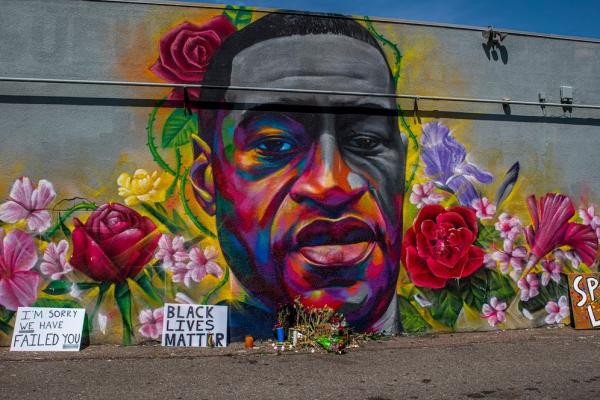
Hello, Neurology Family.
This is our May D&I Update.
There’s no way to start other than to take time to recognize the back to back to back blows suffered by Black Americans recently. I can list the names because they deserve to have their names remembered – George Floyd, Breonna Taylor, Ahmaud Arbery – but we know these three are just the tip of the iceberg. I can list more names – Philando Castile, Sandra Bland, and Freddie Gray – but I’m still not going to make a dent.
While all of us can mourn these murders of Black men and women, and while all of us can fume with frustration over the system that continues to allow this to happen, the disparate impact these events have on our Black friends and colleagues cannot be understated. The cognitive energy it takes to process each of these crimes, to worry about yourself and your family because you know that you or someone you love could be next, is exhausting. For parents of Black children, having to explain to your kids each and every time that another person who looks like them was killed because of their skin color is a burden that can never be put down.
Living through these atrocities this isn’t “just” a social problem, it’s a medical one. Ample evidence indicates that the cumulation of living under constant racially-mediated stress has health consequences and is one of the major contributors to health disparities. For every person murdered for being Black, innumerable life-years are lost across the Black population.
I particularly want to emphasize #4 and #7. But there’s something even simpler that you can do today to help your Black friends and neighbors and particularly your Black students who might be far from their support networks: try using the words, “I’m here if you want to talk.” And then just listen. That’s what YOU can do. Your job isn’t to try to solve any problems right now, it’s to provide a space for venting and to provide compassion.
For anyone who needs a place to talk, my door is always open to you.
There are two departmental updates. First, Dr. O’Brien asked the D&I Committee to revisit the departmental tagline. If you’re observant, you’ll have noticed we’ve gone through several of these over the past few years. After a very interesting discussion, the D&I Committee selected, and Dr. O’Brien approved, the following:
Duke Neurology: Excellence through Integrity, Diversity, and Caring
Please feel free to update your signature files accordingly if you are so inclined.
Next, an announcement for the faculty. The Clinical Faculty Handbook has been updated with the help of Dr. Chiba-Falek and now contains policies with specific relevance to researchers. Thus, we now have a Faculty Handbook for all of us. You can access it here. The Faculty Handbook was designed specifically with newer faculty in mind, to help introduce you to how things work in the department. A commonly listed barrier to advancement and inclusion is not having a full understanding of the system. The Handbook is meant to help this so all faculty have access to the same information.
